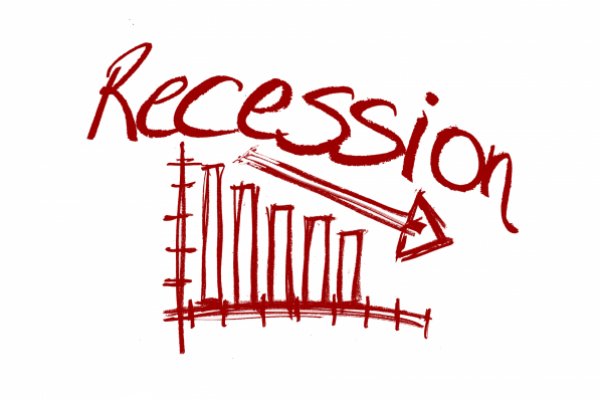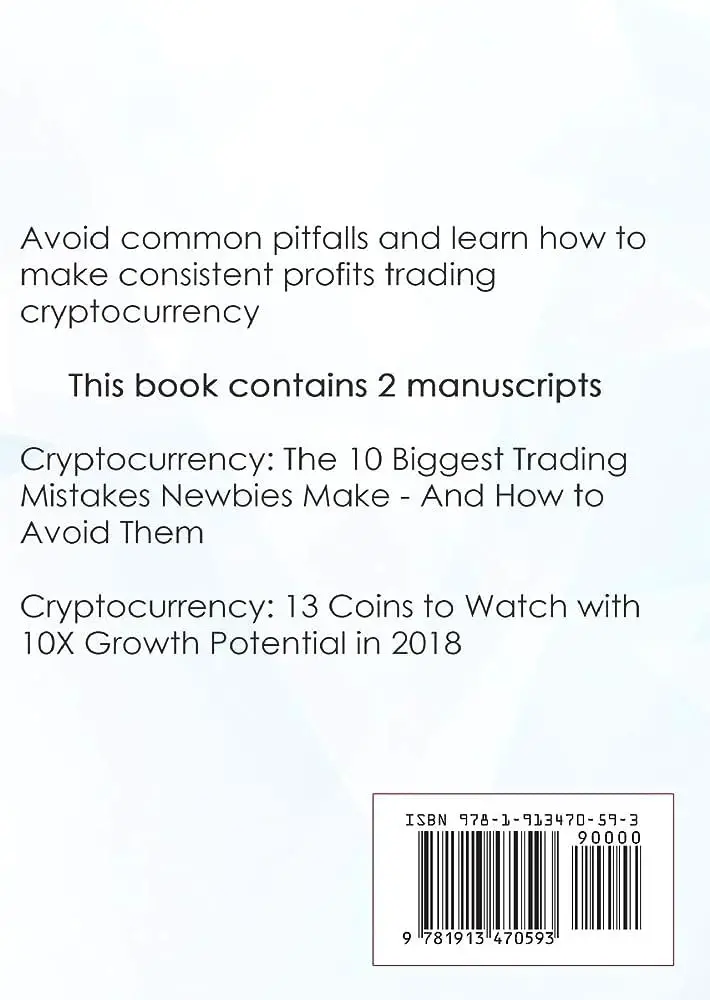Investing during economic downturns can be a daunting task, but it’s not impossible to navigate successfully. Wondering how to make the most of your investments during challenging times? Well, you’ve come to the right place! In this article, we will explore strategies for investing during economic downturns, helping you make informed decisions to protect and grow your wealth. Whether you’re a seasoned investor or just starting out, these strategies will empower you to navigate the uncertainties of the market and come out on top. So, let’s dive in and discover the key strategies for investing during economic downturns together!
Strategies for Investing During Economic Downturns
In times of economic downturns, investors often find themselves in a challenging situation. The uncertainty and volatility in the market can make it difficult to navigate and make informed investment decisions. However, with the right strategies in place, it is possible to not only survive but also thrive during these periods. In this article, we will explore various strategies that can help investors make the most out of their investments during economic downturns.
Diversify Your Portfolio
Diversification is one of the key strategies for investing during economic downturns. By spreading your investments across different asset classes, industries, and geographic regions, you can mitigate the risk of losses. When one sector or market is facing a downturn, other sectors or markets may still be performing well, allowing your portfolio to remain stable.
Consider investing in a mix of stocks, bonds, real estate, commodities, and even alternative investments such as hedge funds or private equity. Diversifying your portfolio not only helps reduce risk but also provides opportunities for growth in different areas. It is important to regularly rebalance your portfolio to ensure that your investments are aligned with your investment goals and risk tolerance.
Focus on Defensive Stocks and Sectors
During economic downturns, certain sectors tend to outperform others. Defensive stocks and sectors are typically less affected by economic downturns as their products and services are considered essential. Examples of defensive sectors include healthcare, utilities, consumer staples, and telecommunications.
Investing in these sectors can provide stability to your portfolio during turbulent times. Companies in these sectors often have consistent cash flows, strong balance sheets, and a history of weathering economic downturns. Research and identify companies with a track record of resilience and stability, and consider adding them to your portfolio.
Invest in Dividend-Paying Stocks
Dividend-paying stocks can be a valuable addition to your portfolio during economic downturns. Dividends are cash payments that companies distribute to their shareholders as a share of their profits. Investing in dividend-paying stocks can provide a steady income stream even when stock prices are fluctuating.
Look for companies with a history of consistently paying dividends, as well as those with a strong dividend yield. Dividend yield is calculated by dividing the annual dividend per share by the stock price. Focus on companies with sustainable dividend policies and avoid those with high debt levels or declining earnings.
Consider Value Investing
Value investing is a strategy that involves identifying undervalued stocks and investing in them with a long-term perspective. During economic downturns, stock prices may experience significant declines, presenting opportunities for value investors.
Look for companies with strong fundamentals, such as a low price-to-earnings ratio, low price-to-book ratio, and positive cash flows. Conduct thorough research and analysis to ensure that the company’s business model and competitive advantages are intact.
Stay Informed and Be Patient
During economic downturns, it is crucial to stay informed about market conditions and economic indicators. Keep track of the latest news, economic data, and industry trends that can affect your investments. Use reputable sources and seek advice from financial professionals if needed.
It is also important to be patient and avoid making impulsive investment decisions. Economic downturns can create emotional turbulence, leading to irrational investment choices. Stick to your investment plan, focus on long-term goals, and avoid trying to time the market.
Consider Dollar-Cost Averaging
Dollar-cost averaging is a strategy that involves investing a fixed amount of money at regular intervals, regardless of market conditions. With this approach, you buy more shares when prices are low and fewer shares when prices are high.
This strategy can help mitigate the risk of investing a lump sum during a market downturn. By consistently investing over time, you take advantage of market fluctuations and can potentially buy stocks at lower prices.
Utilize Risk Management Techniques
During economic downturns, it is important to focus on risk management to protect your investments. Consider implementing the following risk management techniques:
- Stop-loss orders: Set predefined price levels at which your investments will be automatically sold, limiting potential losses.
- Asset allocation: Regularly review and rebalance your portfolio to ensure it aligns with your risk tolerance and investment goals.
- Protective puts: Purchase put options to protect against a decline in the value of your investments.
- Implement trailing stops: Adjust stop-loss orders as the price of an investment increases, protecting potential gains.
By implementing these risk management techniques, you can minimize losses and protect your portfolio during economic downturns.
Seek Professional Advice
If you are unsure about navigating the complexities of investing during economic downturns, consider seeking advice from a financial advisor or investment professional. They can provide guidance tailored to your specific financial situation and investment objectives.
Remember, investing during economic downturns requires patience, discipline, and a long-term perspective. By diversifying your portfolio, focusing on defensive stocks and sectors, investing in dividend-paying stocks, practicing value investing, staying informed, utilizing risk management techniques, and seeking professional advice when needed, you can position yourself for success even during challenging economic times.
Charlie Munger: Investing During the 2023 Recession
Frequently Asked Questions
Frequently Asked Questions (FAQs)
What are some effective strategies for investing during economic downturns?
During economic downturns, it is essential to adopt strategies that can help mitigate risks and potentially capitalize on opportunities. Here are some proven strategies:
How should I diversify my investment portfolio during an economic downturn?
Diversification is key to managing risks during economic downturns. Consider investing in a mix of asset classes, such as stocks, bonds, real estate, and commodities, to spread out your risk exposure.
What types of investments tend to perform well during economic downturns?
Historically, certain investments have shown resilience during economic downturns. These may include defensive stocks, government bonds, precious metals like gold, and real estate investment trusts (REITs).
Should I continue investing or wait until the economic downturn ends?
Timing the market is notoriously difficult, so it’s generally advised to continue investing during economic downturns. By regularly investing a fixed amount, you can benefit from lower prices and potentially achieve higher returns when the market recovers.
How can I protect my investments during an economic downturn?
Protecting your investments requires a combination of risk management techniques. This can involve maintaining a diversified portfolio, setting stop-loss orders, and staying informed about market trends and economic indicators.
Are there any specific industries or sectors that perform well during economic downturns?
While there are no guarantees, defensive sectors such as healthcare, consumer staples, and utilities tend to be more resilient during economic downturns. These industries typically provide products and services that are necessary regardless of the economic climate.
Is it advisable to take on more risk to potentially gain higher returns during an economic downturn?
Taking on more risk during an economic downturn can be tempting, but it is important to evaluate your risk tolerance and investment goals carefully. While higher risk can lead to higher returns, it also increases the potential for losses. It is advisable to seek professional advice before making any significant changes to your investment strategy.
Can investing in international markets be beneficial during an economic downturn?
Investing in international markets can provide diversification benefits during an economic downturn. Different regions may experience varying levels of economic performance, and allocating a portion of your portfolio to international investments can help offset potential losses in domestic markets.
Final Thoughts
During economic downturns, it is crucial to employ effective investment strategies to navigate the challenging market conditions. One such strategy is diversification, which involves spreading investments across different asset classes to minimize risk. Additionally, identifying and investing in high-quality stocks at discounted prices can yield significant returns when the market eventually rebounds. Another approach is to focus on income-generating investments, such as dividend-paying stocks or bonds, to ensure a steady cash flow during uncertain times. Lastly, maintaining a long-term perspective and avoiding emotional decision-making can help investors stay resilient and take advantage of opportunities that arise. By employing these strategies for investing during economic downturns, individuals can potentially safeguard their portfolios and position themselves for future growth.



